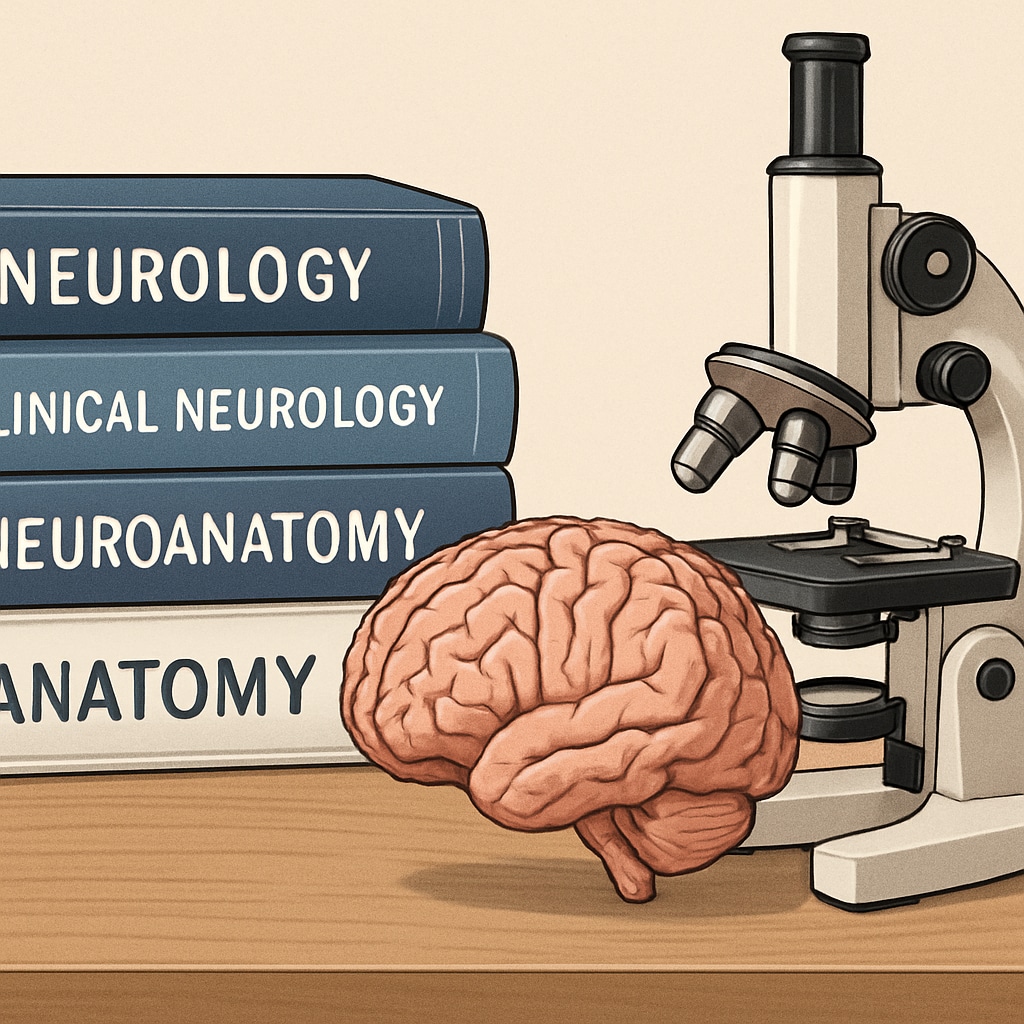For students demonstrating exceptional academic performance and supplemental learning needs, particularly those aspiring to become neurosurgeons, traditional education systems often fall short. These gifted learners require specialized support to fully develop their potential while maintaining balanced personal growth.

Identifying and Supporting Gifted Learners
The National Association for Gifted Children estimates that 3-5 million academically gifted students exist in U.S. K12 schools. Many exhibit:
- Advanced comprehension of complex medical concepts
- Rapid mastery of STEM subjects
- Intense curiosity about human anatomy and physiology
Early identification allows educators to implement appropriate enrichment programs. Psychological assessments, teacher recommendations, and demonstrated achievement all contribute to accurate evaluation.
Beyond Classroom Limitations
Traditional curricula rarely challenge these students sufficiently. According to gifted education research, approximately 20-50% of class time becomes redundant for advanced learners. Effective solutions include:
- Accelerated learning tracks in STEM subjects
- Mentorship programs with medical professionals
- University-sponsored summer intensives

Building Neurosurgical Foundations
For students specifically interested in neurosurgery, early exposure to relevant concepts proves invaluable. The American Association of Neurological Surgeons recommends:
- Volunteering in healthcare settings
- Participating in brain dissection workshops
- Mastering prerequisite sciences (anatomy, physics)
Such experiences build both knowledge and resilience – critical qualities for future surgeons.
Balancing Challenge and Well-being
While pushing academic limits, we must safeguard students’ emotional health. Overemphasis on achievement can lead to burnout. Effective programs incorporate:
- Social-emotional learning components
- Peer group opportunities with intellectual equals
- Reasonable pacing of advanced material
Readability guidance: Using concise paragraphs and bullet points improves comprehension. Each section presents actionable strategies while maintaining appropriate sentence length and active voice.


